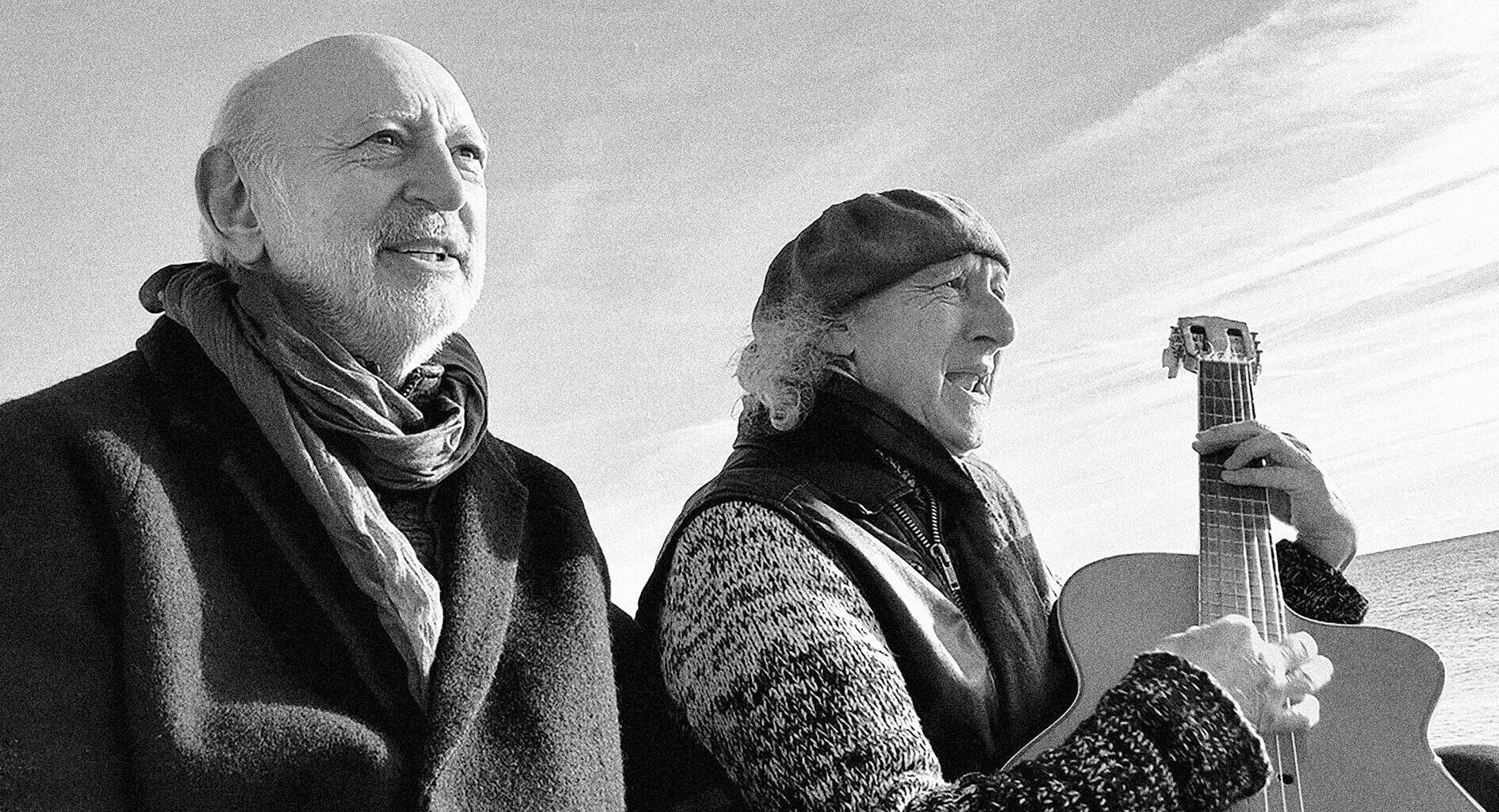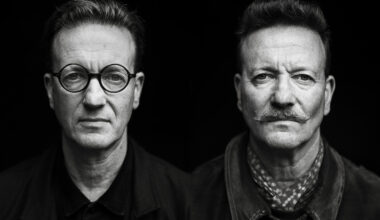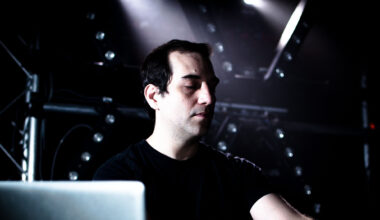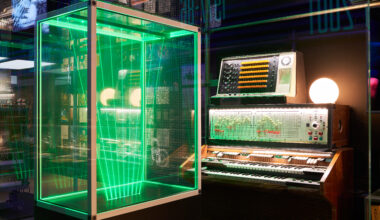Since the early 1970s, brothers Mark and Clive Ives have been recording as Woo – arguably the UK’s most prolific DIY outfit. Two new albums, ‘Robot X’ and ‘Xylophonics’, raid their vast archive. And it all began with Uncle Fred’s musical saw
Want to read more?
Sign up to Electronic Sound Premium to gain access to every post, video, special offers, and more. 100%, all you can eat, no commitment, cancel any time.
Already a premium member? Log in here






